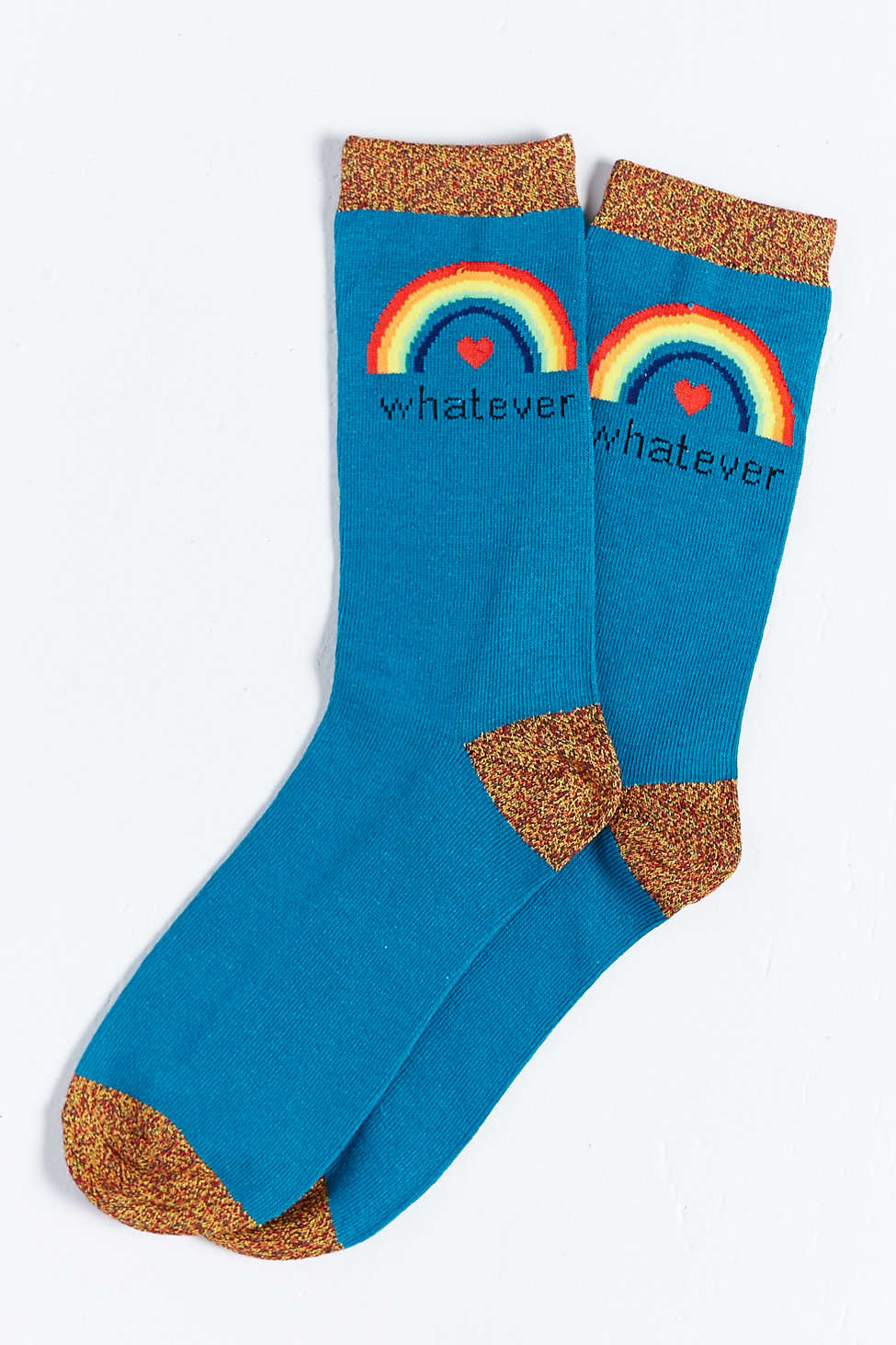
By Billy Ulmer, author of the Life in a Tiny House Ebook.
Let’s say you’re working on yourself to become a more conscious consumer, but then it’s the holidays or somebody’s birthday, and you’re suddenly obligated to buy stuff. And just thinking about how to explain to your sister that you’d rather not buy her son the plastic toy set he wants makes you so exhausted that you just give up and get it for him.
Shortly after beginning the Unshopping Challenge, a month of not buying anything new, I got on a plane to visit my family. I knew this might be my downfall in the challenge, because our shopping habits get extra complicated when traditions come into play. And, honestly, living by your values is hard enough without anyone else around. But throw in a friend, family member or entire culture that sees things differently, and sticking to your guns can feel almost impossible. I accidentally made some headway in how I handle that culture clash last week that I’m excited to share. If you can non-judgmentally open up the conversation about why you’re shopping in the first place, and just what those gifts are trying to represent, you might make a lasting change in your family or community.
Good Intentions and Clashing Cultures
There are numerous traditions in today’s culture that require us to buy products for people, and where opting out can look rude or cheap. It’s a really special kind of first world problem, isn’t it? Many people are on the same cultural page as their partner or close friends, but also share in family or community traditions with people whose beliefs about material things are pretty different from their own.
Here’s what happens to me, and many people I know: the holidays arrive, and I struggle to make a Christmas list to pass out to family members who sincerely want to get me something I’ll like. Meanwhile, I struggle to find gifts for people who either really seem to have everything they need, or who I just plain don’t know well enough to get anything truly thoughtful. It’s too awkward and judgy to say, “Listen guys, this really doesn’t work for my value system,” so I don’t. I play along, and feel a little weird about it. There’s got to be another way, right?
Find (And Replace) The Good Intention
I made some accidental progress on how to handle this when I spent the week before my birthday with my mother. She has a totally sincere desire to buy me things – she wants to bring me happiness, and since we live far apart, for me to have keepsakes that help me remember our time together. And something we often do together, like a lot of parents and kids, is shop.
I got into the Unshopping Challenge in the first place because I wanted to review my relationship to material stuff, so I thought extra-hard about this pattern of ours and realized something new. While we were both doing the same thing – going to stores – I think we saw the activity differently. My mother saw it as “shopping”: we were there to find something to buy, and success would mean walking out with a purchase.
But I saw the activity as “spending time with my mom,” and to me, we were successful if we had fun together. I try to think of stores as museums: Rooms full of conversation pieces that are there to be discussed, not taken home. This is why I go to places like Crate and Barrel with my mother – to guess what the mystery kitchen gadgets do, and choose our favorite martini glass designs.

Sometimes as we discuss an object, my mom will ask excitedly, “Can I buy it for you?” She knows I’m pretty choosey about which objects are in my life, so she’s used to me telling her no. But what I’d failed to convey all these years was this: buying it isn’t the point. The point is that I just want to spend time with her, and brainstorm the great desserts we could make with a miniature spring-form cake pan. The point is connecting: “Oh, you like this kind of dress? I didn’t know that about you. I love shirts like this, they remind me of the ocean. Should we go to the ocean?”
What I’m talking about is essentially the spirit behind the phrase, “It’s the thought that counts.” Why does that phrase usually accompany lousy presents? It’s true! It should be true. The real place inside of us that gift giving is supposed to come from is so much sweeter than most gifts, and I think getting back to that place is what can change obligatory shopping traditions.
When you feel trapped into a gift-giving tradition, try just naming the thought you want it to represent: the way you want the recipient to feel, or the relationship you hope it will help you both have. Do you want to know this person better? Make them feel supported, or celebrated? There are a lot of ways to do that. Sure, you could give your graduating niece a copy of Dr. Suess’s, “Oh, the Places You’ll Go,” to provide her with some advice for her future, but you could also offer to take her to lunch and talk with her about her future. Bill McKibben’s Hundred Dollar Holiday is a great story about this kind activity-based gift giving over the product-based kind.

Replacing a traditional gift with a meaningful experience or connection also avoids one of the common pitfalls of culture clashing over shopping habits: criticizing people and ticking them off. As I mentioned in my first post about replacing the thrills of shopping instead of trying to quit them cold turkey, it’s easier to make a change when you swap one enjoyable behavior for a different one. Most people don’t appreciate being told their gift-giving traditions are wasteful or shallow. They probably mean well. If you’re instigating the change, bring something constructive to the table and show them different ways to mean well that still feel fun.
“It’s Enough That You Wanted To”

During lunch one day on my trip, I asked my mother about her meal preference. She expressed that she didn’t really have one, because, and I quote, “More and more, my answer is, ‘Whatever.’ And I really mean it!” I laughed and wrote down the phrase because I loved its positive, relaxed attitude. Then later, in a store, we saw socks with heart underneath a rainbow that cheerily announced “whatever.”
“Should I buy you these for Mother’s Day?” I asked.
“Oh, honey, no,” she said. “It’s enough that you wanted to.” As we walked out of the store, I realized that her statement felt so familiar because it was what I’d been trying to tell her for years. And when I explained that, she understood my stance on shopping with her better than she ever had before. The socks, while cool, were just socks. It was the thought that counted – that I had listened to her and found what she said meaningful enough to remember and joke about.
And in the end, I did let her buy me a birthday present – a pair of polarized sunglasses that I’ve wanted for an entire year. I’m not made of stone. But I’m so glad that I can articulate now what I couldn’t before – “I’m not shopping with you so I can come home with new stuff. I’m shopping with you because we’re both design geeks, and this is how we hang out.” It will probably be harder to roll this technique out to more extended family members, but I’m excited to have a way to talk about my stance on gift-giving traditions that doesn’t put anyone on the defensive, and keeps the discussion on why we’re feeling celebratory in the first place. That’s how change happens: person to person, one conversation at a time.
